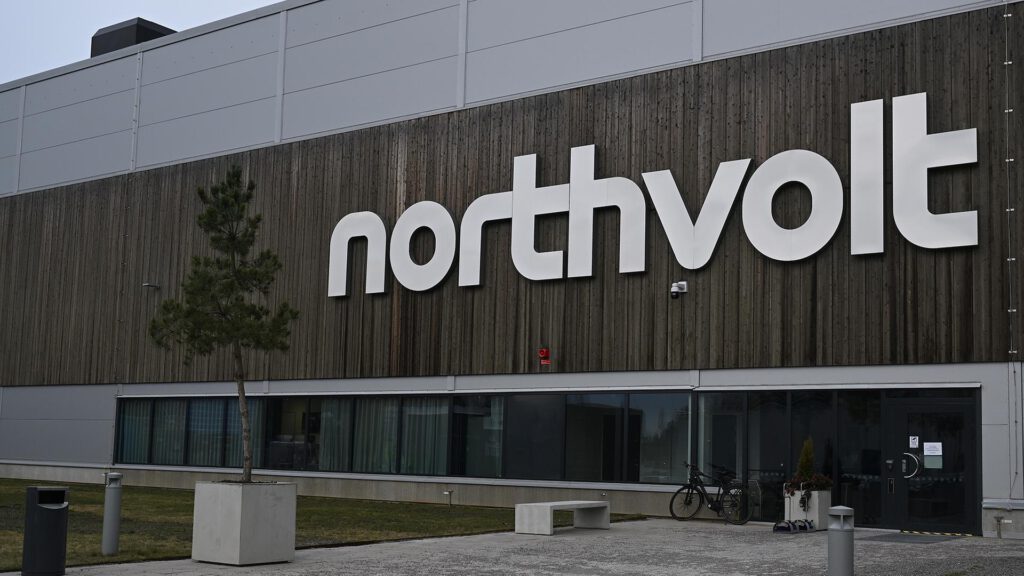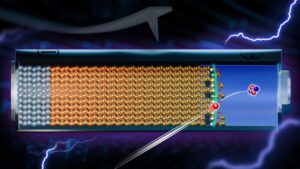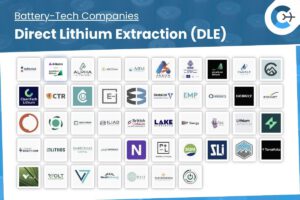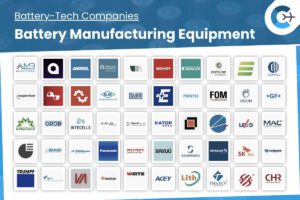According to insolvency administrator Mikael Kubu, the Swedish Inspectorate of Strategic Products has granted all necessary approvals for U.S. battery company Lyten to acquire Northvolt AB. With this regulatory clearance in hand, the transaction is scheduled to be finalized by the end of October.
Lyten announced in August its intention to take over all remaining operations of the insolvent Swedish battery manufacturer, including a plant under construction near Heide in the Dithmarschen district. That facility is planned to host a battery production line with an initial annual capacity of 15 gigawatt-hours. However, the acquisition of the Heide site is managed through a separate corporate entity, and negotiations over its transfer are ongoing.
Last year, Lyten completed its takeover of a major Northvolt factory in California, marking the company’s first significant acquisition of Northvolt assets. The recent approval by Sweden’s strategic-products authority applies exclusively to Northvolt AB in Sweden and does not yet cover the Heide project.
A key question remains over how €700 million in funding pledged by the federal and Schleswig-Holstein state governments for the Heide plant will be handled. Experts have raised doubts about whether these public grants can be reassigned to Lyten. In addition to the grant commitments, another €600 million in construction financing—underwritten by government guarantees—now forms part of Northvolt’s insolvency estate.
Within Schleswig-Holstein, the takeover has generated mixed reactions. While the state government views Lyten’s planned acquisition as a positive development, opposition parties and the state audit office have expressed concerns about potential risks and the oversight of public funds. Former state economics minister Bernd Buchholz noted that Northvolt may not have been sufficiently vetted as an investor.
As Lyten prepares to complete the purchase, stakeholders are closely watching the outcome of negotiations over the Heide facility and the fate of the tied-up subsidies. The resolution of these issues will be critical for the future of battery manufacturing in the region.
Source: NDR
















